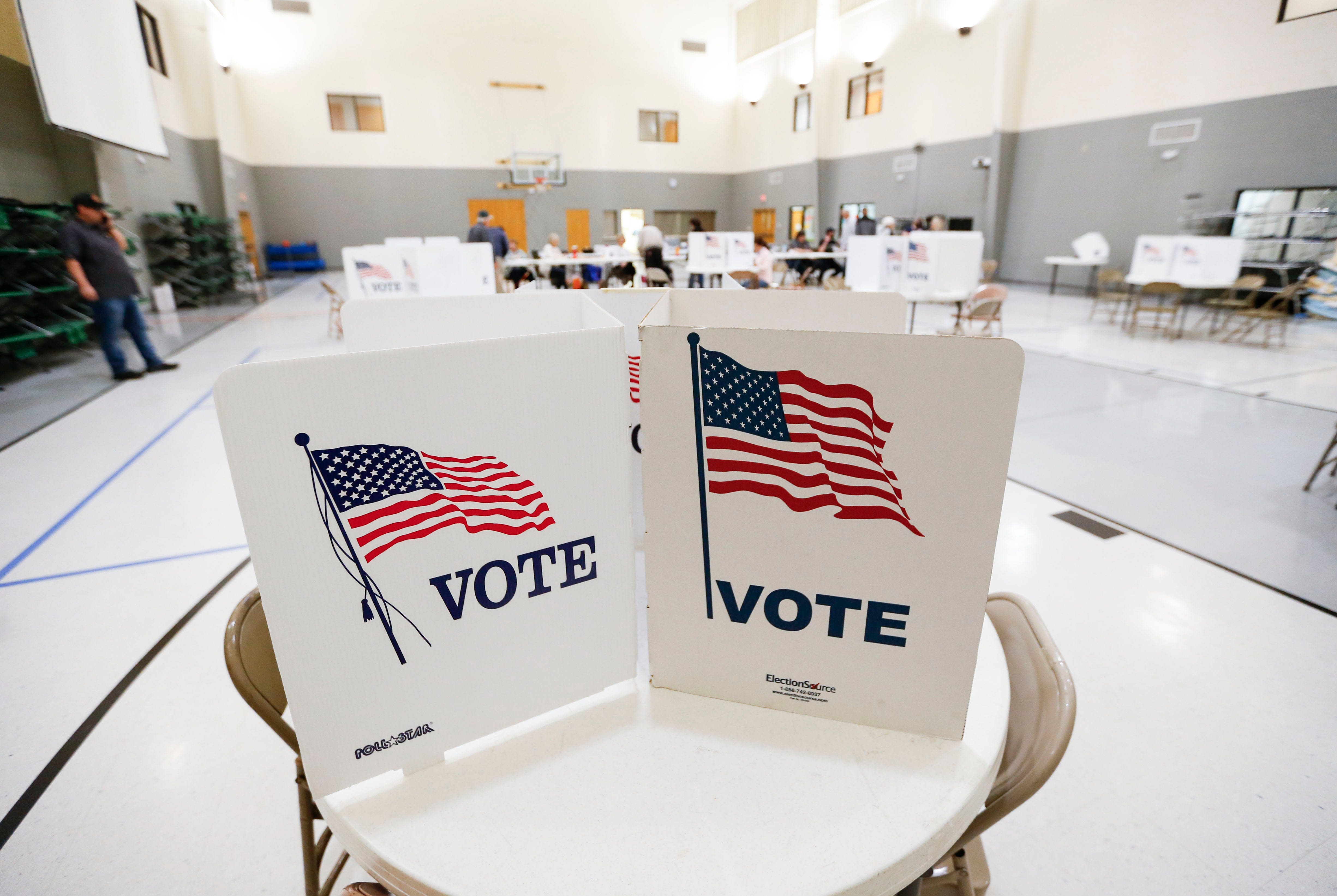Search results
News about United Methodist Church, regionalization, constitutional amendment
News about Ted Cruz, Louisiana, US Constitution
Also in the news
The Fourth Amendment of the U.S. Constitution provides that "[t]he right of the people to be secure in their persons, houses, papers, and effects, against unreasonable searches and seizures, shall not be violated, and no warrants shall issue, but upon probable cause, supported by oath or affirmation, and particularly describing the place to be ...
Apr 3, 2024 · Fourth Amendment, amendment (1791) to the Constitution of the United States, part of the Bill of Rights, that forbids unreasonable searches and seizures of individuals and property. For the text of the Fourth Amendment, see below.
The Fourth Amendment is the part of the Constitution that gives the answer. According to the Fourth Amendment, the people have a right “to be secure in their persons, houses, papers and effects, against unreasonable searches and seizures.” This right limits the power of the police to seize and search people, their property, and their homes.
Fourth Amendment. The right of the people to be secure in their persons, houses, papers, and effects, against unreasonable searches and seizures, shall not be violated, and no Warrants shall issue, but upon probable cause, supported by Oath or affirmation, and particularly describing the place to be searched, and the persons or things to be seized.
The right of the people to be secure in their persons, houses, papers, and effects, against unreasonable searches and seizures, shall not be violated, and no Warrants shall issue, but upon probable cause, supported by Oath or affirmation, and particularly describing the place to be searched, and the persons or things to be seized.
In United States v. United States District Court, 407 U.S. 297, 321 (1972), Justice Powell explained that the “very heart” of the Amendment’s mandate is “that where practical, a governmental search and seizure should represent both the efforts of the officer to gather evidence of wrongful acts and the judgment of the magistrate that the ...
Informed by common law practices, the Fourth Amendment 1. protects the full enjoyment of the rights of personal security, personal liberty, and private property 2. by prohibiting unreasonable searches and seizures.

